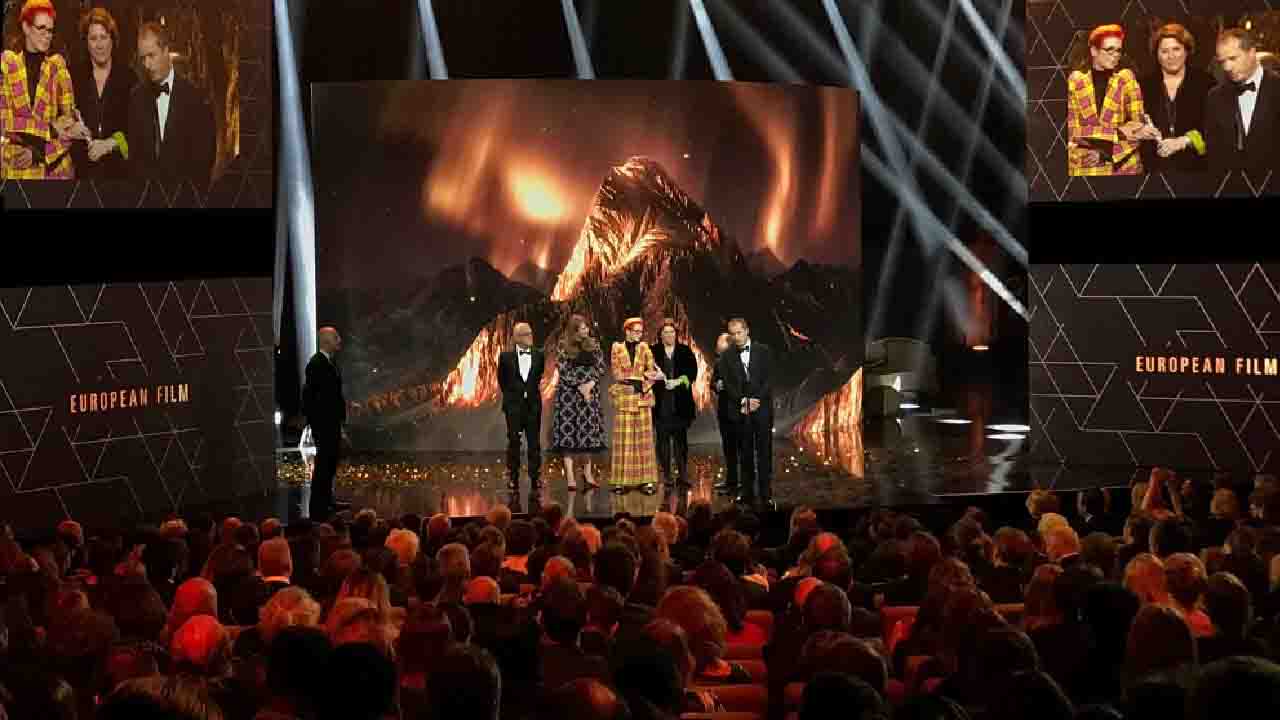The European film industry stands as a dynamic and vibrant force within the global cinema landscape. Known for its rich history, diverse storytelling, and artistic innovation, European films have left an indelible mark on the world of cinema. This article aims to provide an extensive description of the European film industry, focusing on its award-winning productions and the emergence of rising talent.
- Historical Significance:
The European film industry boasts a remarkable heritage that spans over a century. From the early pioneers of cinema, such as Georges Méliès and the Lumière Brothers, to the groundbreaking movements of Italian Neorealism, French New Wave, and German Expressionism, European cinema has continually pushed the boundaries of artistic expression. Films like “The Bicycle Thief” (1948), “Breathless” (1960), and “Metropolis” (1927) have become timeless classics, inspiring generations of filmmakers worldwide.
- Industry Structure and Funding:
The European film industry operates within a diverse and complex structure. Each European country has its own film industry, with distinct funding mechanisms, production companies, and distribution networks. However, collaborative initiatives like Eurimages and the European Film Academy foster cooperation and cross-border collaborations, promoting the exchange of ideas and talent. European films often benefit from public funding through grants, subsidies, and co-production agreements, which helps support a wide range of projects and encourages artistic freedom.
- Award-Winning Productions:
European films have consistently garnered international acclaim and recognition. The continent boasts numerous prestigious film festivals, including Cannes, Berlin, and Venice, which serve as vital platforms for showcasing European talent and awarding outstanding productions. Noteworthy European films that have received widespread critical acclaim and numerous accolades include “The Lives of Others” (Germany, 2006), “Amélie” (France, 2001), and “The Favourite” (United Kingdom, 2018). These films highlight the diverse themes, styles, and cultural perspectives that European cinema offers.
- Cinematic Diversity and Multilingualism:
One of the distinctive features of the European film industry is its commitment to cinematic diversity and multilingualism. Unlike Hollywood-dominated productions, European films often embrace a variety of languages, reflecting the cultural and linguistic richness of the continent. This linguistic diversity allows European filmmakers to tell stories with authenticity and originality, reaching audiences beyond their own borders. Filmmakers like Pedro Almodóvar (Spain), Lars von Trier (Denmark), and Paweł Pawlikowski (Poland) exemplify this diversity through their unique storytelling styles and exploration of different genres.
- Rising Talent and Emerging Filmmakers:
The European film industry continues to foster the growth of emerging talent. Many young directors, writers, and actors have gained recognition for their exceptional contributions to European cinema. For instance, Céline Sciamma (France) has gained acclaim for her poignant and feminist storytelling in films like “Portrait of a Lady on Fire” (2019). Additionally, Yorgos Lanthimos (Greece) has gained international prominence for his provocative and surreal films such as “Dogtooth” (2009) and “The Lobster” (2015). These rising talents represent the next generation of European filmmakers, bringing fresh perspectives and pushing the boundaries of cinematic expression.
- European Film Industry and Global Influence:
The European film industry’s influence extends far beyond its geographical boundaries. European films often tackle universal themes, addressing social, political, and cultural issues that resonate with audiences worldwide. Directors like Ingmar Bergman (Sweden), Federico Fellini (Italy), and Krzysztof Kieślowski (Poland) have shaped the cinematic language and influenced filmmakers around the globe. European cinema’s ability to combine intellectual depth, emotional resonance, and visual artistry has made it an essential component of the global film landscape.
The European film industry stands as a powerhouse of creativity, innovation, and diversity. With its rich history, award-winning productions, and emerging talent, European cinema continues to captivate audiences and shape the global cinematic landscape. As the industry evolves and embraces new technologies, platforms, and storytelling techniques, European films will undoubtedly remain a vital and influential force in the world of cinema.








